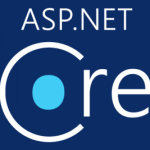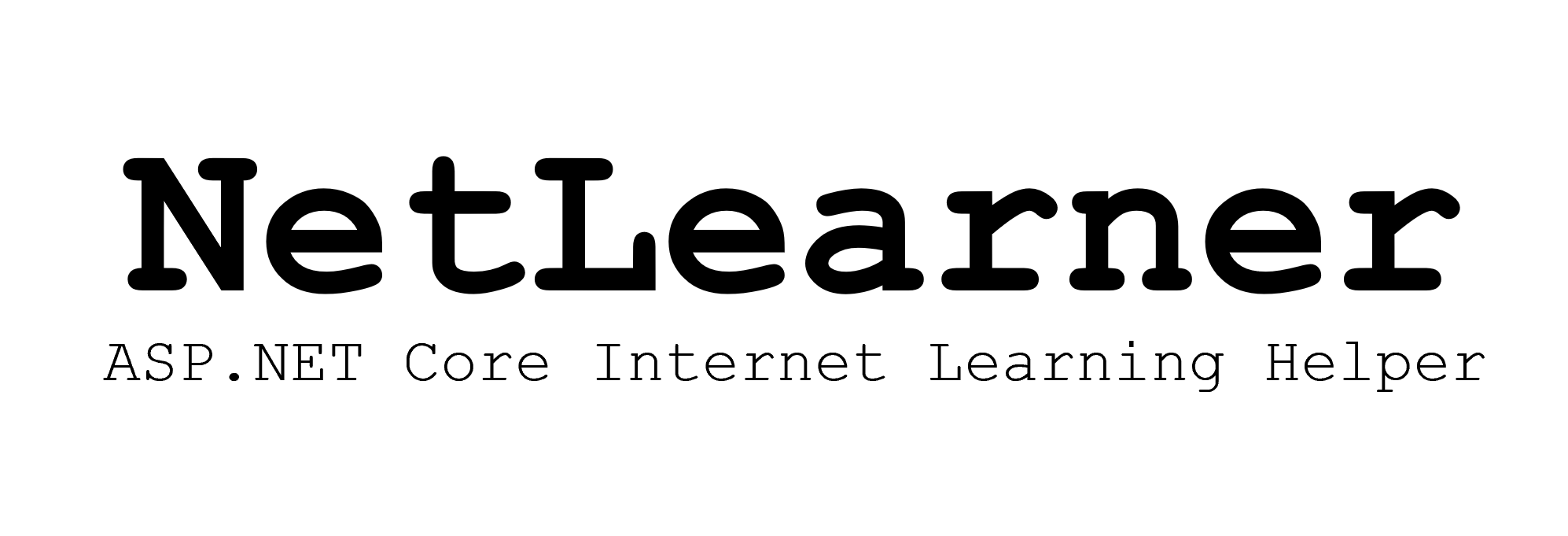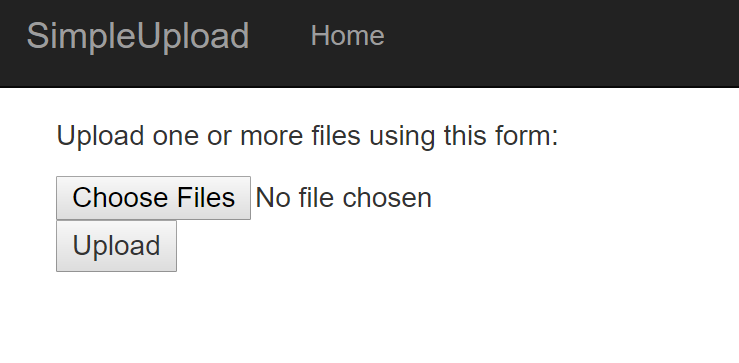This is the sixth of a new series of posts on ASP .NET Core. This week, we’ll be looking at NetLearner, a new ASP.NET Core Web app to organize online learning resources.

NetLearner: What is it?
NetLearner is an ASP .NET Core web app to allow any user to consolidate multiple learning resources all under one umbrella.
Some Background: As I’ve been doing a lot of R&D on ASP .NET Core, I found myself keeping track of blog posts, podcasts, YouTube videos, Twitch streams, Pluralsight tutorials, ebooks across Amazon, Safari Books Online, and so much more. I’ve been using Notepad, OneNote, browser bookmarks, Twitter lists, emails to myself, Google/Word docs and so much more just to keep track of URLs, notes and progress. I’m building this new app for myself to organize my learning plans, but also open-sourcing it and deploying it to allow others to use it too.
![]() NetLearner on GitHub: https://github.com/shahedc/NetLearner
NetLearner on GitHub: https://github.com/shahedc/NetLearner
The name implies 2 things: the app’s source code will be a real-world example for people learning .NET (specifically ASP .NET Core 2.1 and beyond), and the tool itself will help people learn any topic from various resources across the Internet.
What can you expect in 2019?
- Use the web app’s source code to learn all about ASP .NET Core 2.1+ and beyond.
- Add links to various learning resources: books, articles, blogs, conference sessions, podcasts, online workshops, videos and livestreams.
- View embedded content where appropriate, e.g. videos
- See contents of RSS feed where appropriate, e.g. blogs with RSS
- Discover what others have added to their NetLearner lists, via suggestions of what’s popular.
- Follow content creators with links to their social media accounts.
- Deploy your own instance instantly to your own Azure account.
- Build lists to learn anything and share with others.
Stay tuned for more information!


